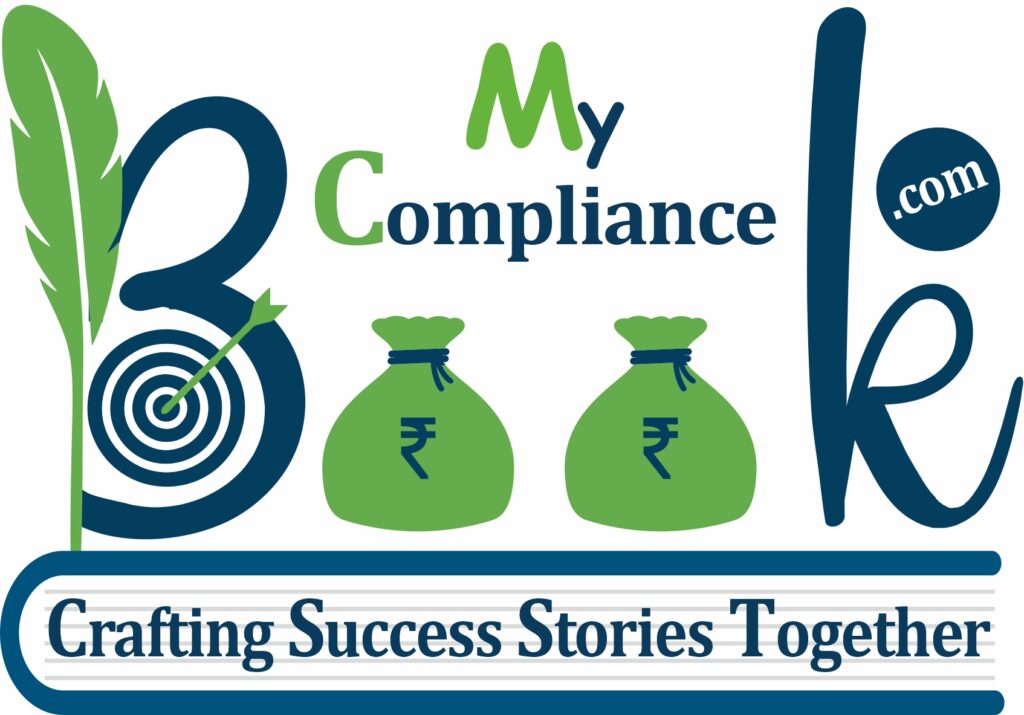
Advance Tax Filing
Book My
Table of Content
- Advance Tax: An Overview
- Applicability for from Advance Tax:

Advance Tax: An Overview
Advance Tax is a system of paying tax in advance instead of paying the entire tax liability at the end of the financial year. It helps the Income Tax Department receive taxes periodically, ensuring a steady flow of income throughout the year.
Applicability for from Advance Tax:
- Salaried Individuals: Required to pay advance tax if they have additional income (e.g., interest, capital gains) exceeding ₹10,000.
- Freelancers/Professionals: Must pay advance tax if their total tax liability exceeds ₹10,000.
- Senior Citizens (60+ years): Exempt from paying advance tax if they don’t have business income.
- Hindu Undivided Family (HUF): Required to pay advance tax if their income exceeds ₹10,000 and is not from salary.
- Partnership Firms: Required to pay advance tax if their tax liability exceeds ₹10,000.
- Companies (Private & Public): Required to pay advance tax if their tax liability exceeds ₹10,000, regardless of income level.
- Non-Resident Indians (NRIs): Required to pay advance tax if they have income in India (other than salary) and their tax liability exceeds ₹10,000.
FAQs for Lower Deduction Certificate
Advance tax is the payment of income tax in installments throughout the financial year, rather than in a lump sum at the end of the year.
Any individual or entity whose tax liability exceeds ₹10,000 in a financial year is required to pay advance tax.
Advance tax must be paid in four installments:
• 15th June: 15% of the total tax liability.
• 15th September: 45% of the total tax liability (cumulative).
• 15th December: 75% of the total tax liability (cumulative).
• 15th March: 100% of the total tax liability (final).
If you miss any installment date, you will be subject to interest under Section 234B and 234C for delayed or short payments.
Salaried individuals who have income beyond their salary (e.g., interest, capital gains) or whose tax is not fully covered by TDS are required to pay advance tax if their total liability exceeds ₹10,000.
Advance tax is calculated based on your estimated income for the financial year, considering all income sources, such as salary, business income, capital gains, and interest.
Senior citizens (aged 60 or above) are exempt from paying advance tax if they do not have business income. However, if they have other income exceeding ₹10,000, they must pay advance tax.
If you pay excess advance tax, you can claim a refund when filing your tax return.
No, advance tax should be paid in installments as per the due dates. However, you can pay the full amount in the last installment (March).
You can pay advance tax online through the Income Tax e-filing portal or through your bank's net banking platform by selecting Challan 280.
Yes, if you fail to pay advance tax or pay it late, you will be charged interest under Sections 234B and 234C for delayed payment.
Related Business Registrations
In addition to registration or incorporation, a business may require other registrations depending on the business activity undertaken. Talk to an Advisor to find out registrations your business may require post registration.







